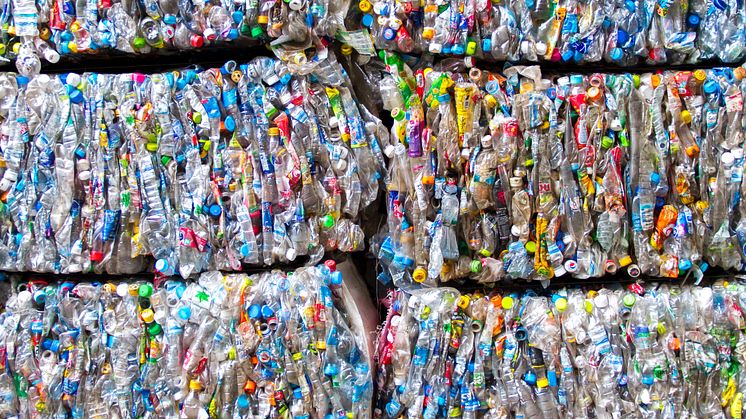
Blog post -
A grim legacy looms without action being taken on our relationship with plastic
Some 101 years ago today, in 1909, Inventor Leo Baekeland patented the first thermosetting plastic, Bakelite, two years after first producing it. It marked the dawning of the age of virtually indestructible plastic, lightweight, inexpensive, and now everywhere with microplastics in the food we eat, the air we breathe, and the water we drink.
One study estimated that by late 2015 around 5,800 million tons of plastic waste had been generated, with 60% discarded to landfills or the natural environment, such as the oceans. According to the World Economic Forum, an estimated 8 billion tons of plastic are still being dumped into our oceans every year, most of which fragments into microplastic particles.
A recent paper co-produced by Bluewater and the Mirpuri Foundation in Lisbon noted how plastics contain chemical additives such as plasticizers, pigments, bisphenol A, and phthalates shown to disrupt human hormone systems. So pervasive are plastics nowadays that they are also reshaping the composition of the planet. A new kind of stone was found on Kamilo beach in Hawaii in 2017 made of sand, organic debris such as shells and wood, rock fragments, and molten plastic. Scientists dubbed the stone 'plastiglomerate' and found it in many other places since then around the world.
Co-author Ivone Mirpuri believes that humankind "faces extinction within 200 years unless steps are taken to urgently reduce the use of synthetic plastics and the chemicals in them", Dr. Mirpuri commented.
Bluewater PR and communications director Dave Noble said plastic is making a significant mark on the planet. He noted how Bluewater has put providing access to clean water in homes, workplaces, and public places and removing the need for single-use plastic bottles at the heart of its business mission.
He said: "Plastic debris is everywhere and we need to rethink our relationship with plastic or risk leaving a grim legacy for our children. At Bluewater, we care about what goes into our oceans because we care about what goes into our bodies when drinking water. Bluewater purification products remove over 99% of all known contaminants from lead to chemicals and microplastics, while Bluewater's on-the-go bottles are made of stainless steel or glass."

Photo caption: A Bluewater bottle helps keep people hydrated when on the go and being made of stainless steel or glass is good news for the planet as well: Copyright Trygg
